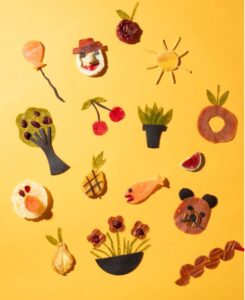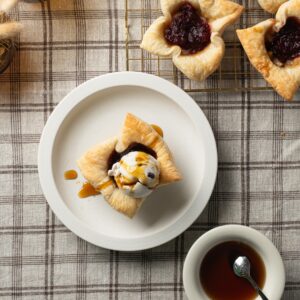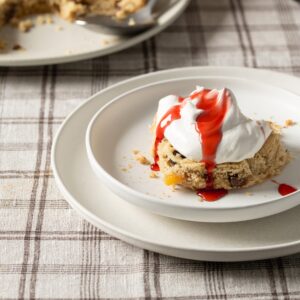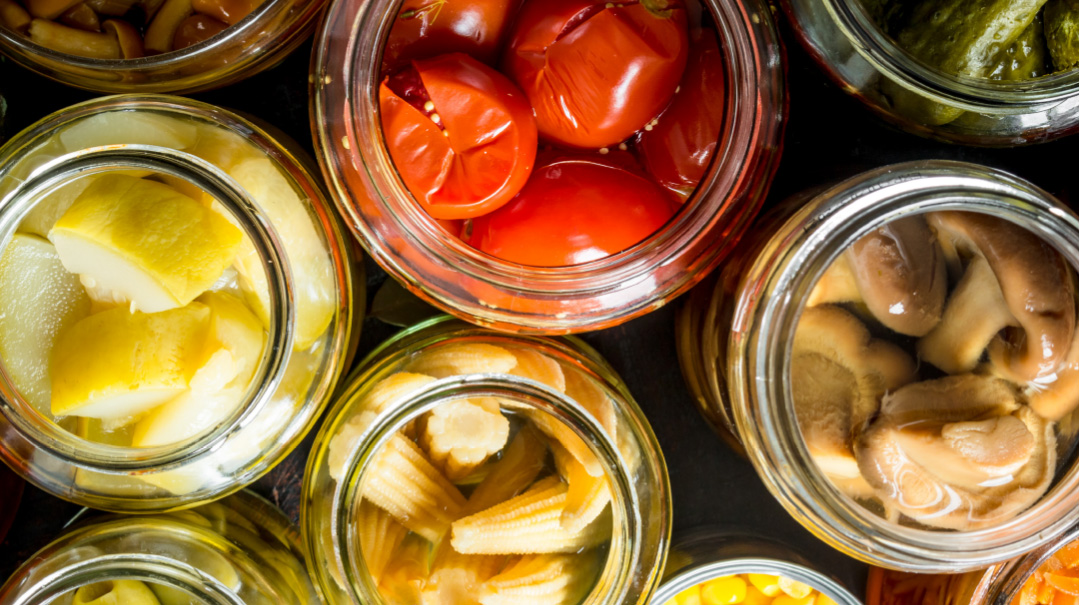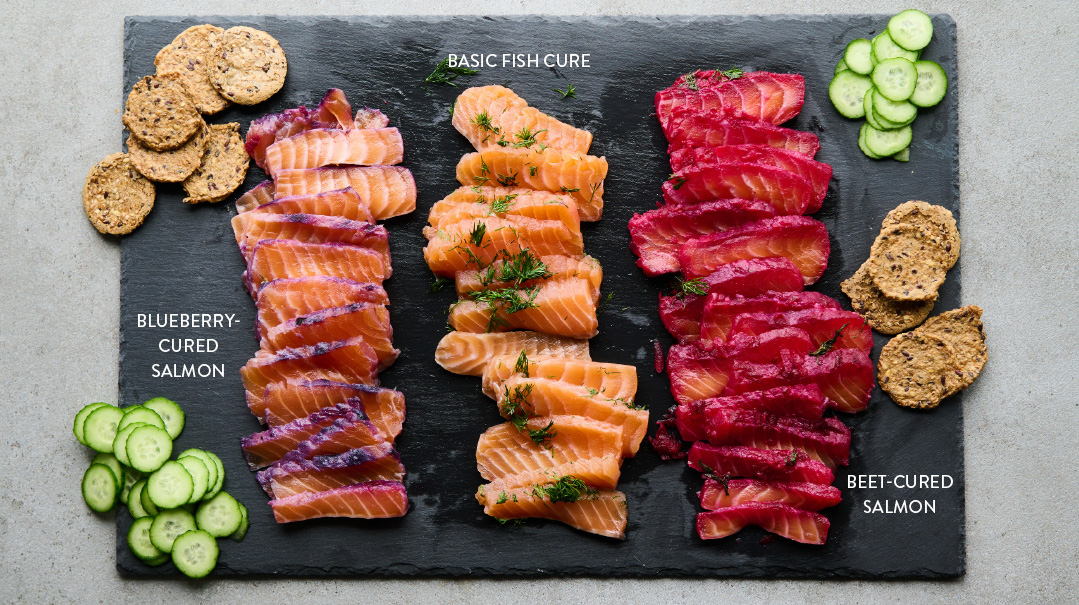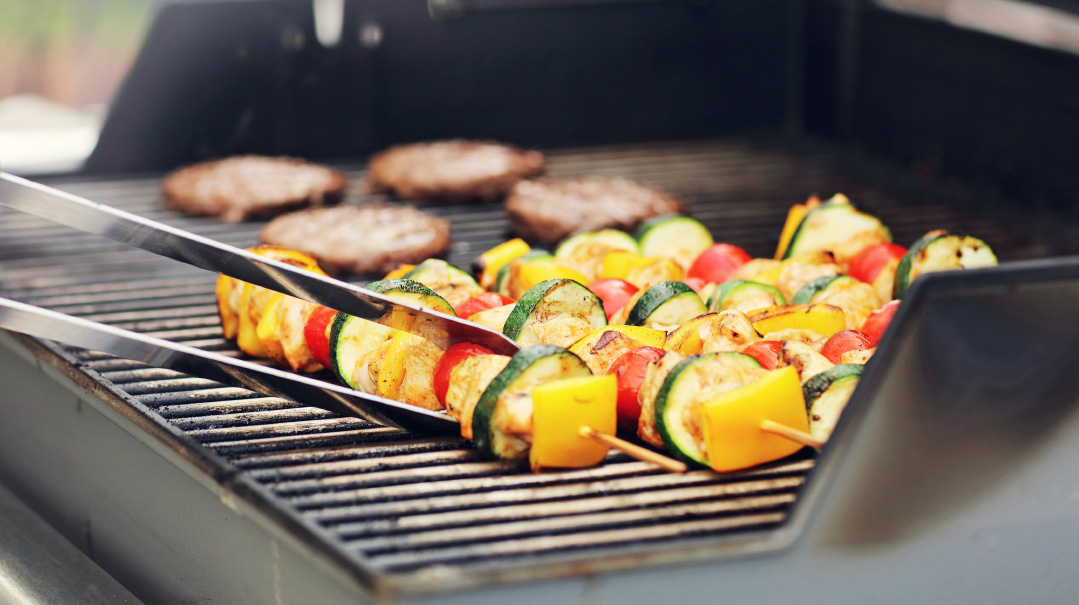Freezers Full of Love

We aren’t asking anyone to make roast duck. We ask for easy, yummy, weekday and Yom Tov standards
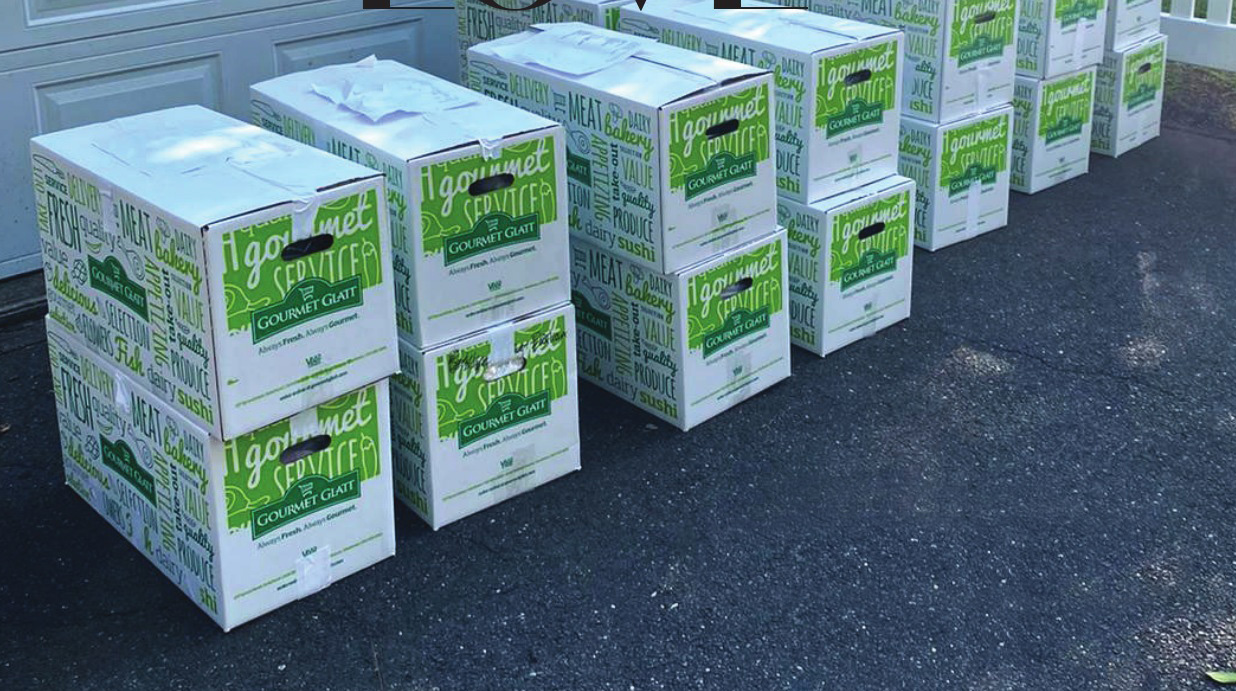
Imagine this fictional but all-too-possible scenario: Five-year-old Mordy S. was born with a genetic issue that leaves him prone to high fevers and breathing problems that require hospitalization. His attacks are hard to predict, and so are the seriousness and length of his hospital stays. When Mordy has to be rushed to the hospital, his parents call their 14-year-old neighbor Frummie to come stay with their other three children until they can get a family member or Chai Lifeline Big Brother or Sister to cover for them.
Depending on the situation, Mommy and Tatty stay overnight at the hospital, or maybe come home in the evening exhausted. How are any of them supposed to eat supper?
Okay, peanut butter sandwiches or cereal and milk can do in a pinch, and sometimes everyone’s too exhausted to care, but when the situation drags on for days… Well, sandwiches and frozen pizza get old pretty fast.
“Food is more than just dinner!” says Rabbi Mordechai Gobioff, MSW, the National Director of Client Services for Chai Lifeline. “It’s the key to a relaxed, normal family atmosphere when things are stressful. Providing a hot dinner for a family allows a mother to be there for her children, instead of worrying about getting supper on the table for them.”
So how do we get hot dinners to families like Mordy’s? About 11 years ago, Leah Danziger, a Chai Lifeline volunteer, came up with the idea of stocking frozen meals for families who need emergency or ongoing help with meals when their child has an illness. Stock-A-Freezer programs were organized in Brooklyn, the Five Towns, and Monsey. Today, every region serviced by Chai Lifeline has some sort of Stock-A-Freezer program. Chai Lifeline social workers, who deal directly with the families, let the freezer organizers know when someone needs a delivery.
Partners in Frozen Meals
Shana Beren, an interior designer in Lawrence, got involved with Stock-A-Freezer about six years ago. She was no stranger to Chai Lifeline. Her parents are very active in Ohr Meir, a Chai Lifeline program that sponsors trips to Disney World for sick children. (The Meir of Ohr Meir, a”h, was the son of her mother’s best friend.) By age 16 Shana was working at Camp Simcha as a mother’s helper, and later as a counselor.
She’s now married and the mother of three little girls, but she didn’t lose her connection to Chai Lifeline. When the organization began reaching out to former staff to encourage them to get involved, Shana was asked if she knew people who would be able to cook food for Rosh Hashanah. “I told them my apartment could be the drop-off point,” Shana relates. “I could get a small freezer and stock it.”
At the time, there was already a freezer operation in place in Brooklyn, in which mass texts would be sent out to solicit cooks. “I didn’t think I could handle that kind of volume,” Shana says. “So we just started with a WhatsApp group.”
After the Yamim Tovim, she began in earnest. Caseworkers in Shana’s area would send a message: “We need supper for a family of five,” or “Dairy dinner needed for family of eight.” Volunteers, sometimes including Shana’s husband, would deliver the food.
For five years, Shana ran the program out of her apartment, a challenging task as the program grew. “I would often spend two or three hours labeling and organizing food to fit it all into the freezer!” she says. Sometimes she’d get students from SKA, a local girls’ school, to come help.
Fortunately, Shana has a talent for organizing, both homes and fridges (her decorating clients often ask if she can help them organize as well as decorate their home!). A year ago, she and her family moved from their apartment into a house with a garage. Now there’s not just one but three freezers in their garage, packed with food for families in need.
The burden was lightened yet further when Hashem sent her partners. In the beginning, Adina Chafetz brought her tech skills to the endeavor, setting up the WhatsApp group and the Excel spreadsheet. She was the first auxiliary drop-off location in North Woodmere. Later Rochella Treitel, a young mother of two in North Woodmere, took over the drop-offs.
Like Shana, Rochella had previous experience with Chai Lifeline, having grown up with a sick brother who’d been a Camp Simcha camper. Tragically, he was niftar at age 17. “I’ve been involved with Chai Lifeline my whole life, and I have tremendous hakaras hatov,” she says. “Whenever I see our freezer needs food, I know I’m going to make it happen, because I know just how important it is for families.”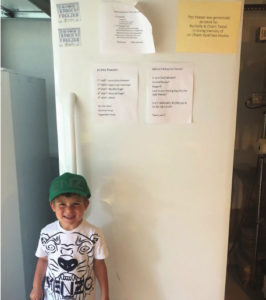
Rochella and her husband donated two of the three freezers in Shana’s garage, and she makes a point of bringing her six-year-old son along to Shana’s once a month to help stock and organize the freezers. “Today everything comes so easily to children, and it’s so important to teach them that we don’t just take. We have to give back too,” she says. “I make a big deal whenever he ‘helps!’ — I take his picture and talk it up.”
How It Works
Shana explains that it’s often been a challenge to bring in enough food for all the families before the Tishrei Yom Tov season. Her cooks are still on vacation, or busy with back-toschool preparations, or overwhelmed with their own Yom Tov preparations. By now, she’s learned to start asking for meals well before the rush.
Yamim Tovim are particularly stressful for families dealing with illness. “Even families who get by during the year often find themselves hard-pressed to deal with the extra pressure of Yom Tov,” Shana says. Before a typical Yom Tov, caseworkers will refer six to eight families to her and let her know their specific needs, such as “only main dishes this week” or “no nuts.” Over time, she gets to know family preferences, such as the woman who loves gefilte fish or the husband who devoured the meatballs.
Oops! We could not locate your form.


